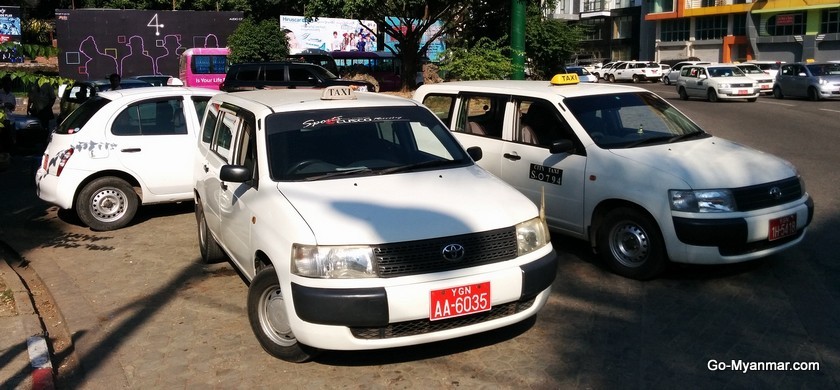Welcome to the first in a regular series of business travel blogs that will offer practical insights and shed light on the culture, practices and quirks of professional life in Myanmar.
From the moment you leave the airport terminal building, the first thing you need to know is that taxis are the only viable form of city transport if you want to get anywhere on time. Bus numbers are only displayed in Myanmar script, and even the locals sometimes need the help of the bus conductor, who loudly shouts the names of where the bus is going as it arrives at each stop, and then very forcefully shoves passengers in and out. Urban trains are either very limited or non-existent.

Taxi prices are generally cheap, and can usually be negotiated. But, on occasion, attempting negotiation can be downright comical. Common sense and lateral thinking cannot always be relied on in Myanmar (plenty more examples of this to come throughout this series!), and taxi drivers will sometimes demand a price that is totally wrong, and will stubbornly refuse to budge on this price. This may sometimes be explained by the driver not wanting to drive out of his way on a longer trip, but it happens far too often to be explained that way alone. Possibly the most ridiculous example of this pricing phenomenon I have experienced was actually taking a trishaw (cycle rickshaw), but the same mentality certainly applies to some taxi drivers; I recently paid K1000 ($1.18) for a short taxi ride from my apartment to a breakfast meeting, and on my return I decided to take a trishaw, because I was in no hurry. I offered the trishaw driver, who was lazing in the sun and very clearly available for business, K300 – to which he threw up his arms in disgust and demanded K1000. When I pointed out that a taxi (being much faster, safer, more comfortable, as well as vastly more expensive to run for the owner) would only cost K1000 for the same journey, he jesticulated at a taxi and said ‘well take one then’ (or words to that effect in Burmese). I was totally stumped, and decided to walk off my breakfast!
All this means that it is worth becoming familiar with prices quickly. Our ‘essential information and tips’ and ‘travel and transport’ sections will help, but be wary of expecting too much from locals. As in many parts of Asia, saving face is of paramount importance – so not being able to provide an answer is bad form. Unfortunately, this means people will often give answers when they actually have no clue. This applies to taxi fares, apartment prices, directions… the lot. As is emphasised throughout Go-Myanmar.com, the people of Myanmar are wonderfully warm, welcoming, resilient and resourceful, but just bear in mind that their answers don’t come with a guarantee of accuracy! To a certain extent, you need to feel your way – but I hope this website and these blogs will make that process easier.
Marcus
Marcus Allender – founder, Go-Myanmar.com. November 3rd, 2012.







